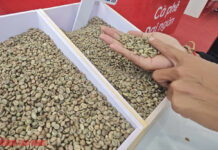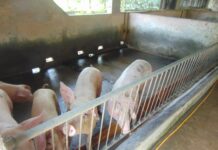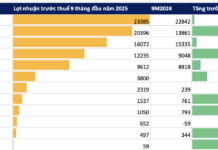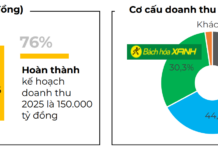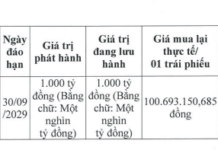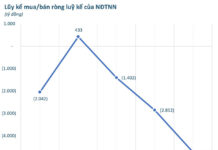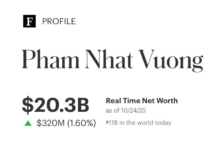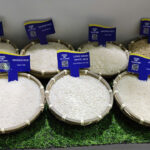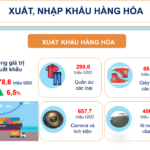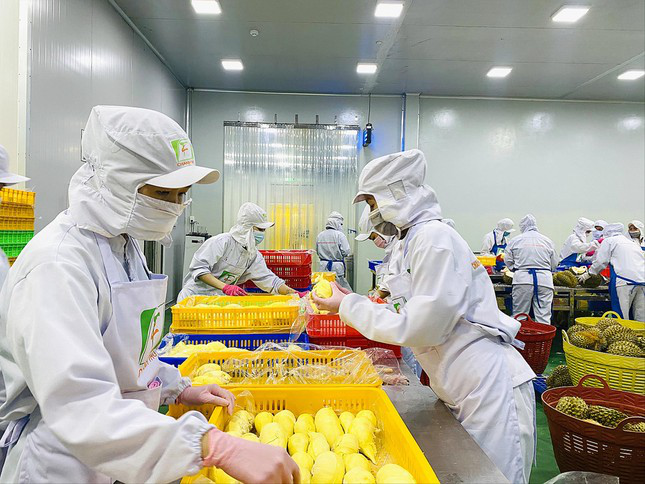Vietnam’s coconut industry has experienced remarkable growth, with export turnover increasing from a modest $180 million in 2010 to a remarkable $900 million in 2023, and expectations to surpass the $1 billion mark in 2024. These impressive figures not only reflect the industry’s exponential growth but also present vast opportunities in the face of intensifying global competition.
On December 13, a forum titled “Connecting Coconut Production and Consumption” was held to capitalize on this potential. The event aimed to foster connections within the coconut value chain, encompassing production, processing, and consumption. It also provided support to businesses, cooperatives, and farmers in meeting stringent quality and food safety requirements.
Challenges in the Coconut Industry
Speaking at the forum, Mr. Huynh Quang Duc, Deputy Director of the Ben Tre Department of Agriculture and Rural Development, emphasized the significance of Ben Tre province as the country’s coconut hub, with over 80,000 hectares of coconut plantations. He highlighted that coconut is not only a key crop but also the primary source of income for more than 200,000 rural households in the province.

Mr. Huynh Quang Duc, Deputy Director of the Ben Tre Department of Agriculture and Rural Development.
Mr. Duc shared that coconut exports bring in over $350 million annually to the province. Going beyond traditional production, the Ben Tre green coconut products have obtained trademark registration and national geographical indication certification.
Currently, Ben Tre province boasts 133 coconut-growing regions with 133 assigned codes, spanning over 8,300 hectares. Additionally, 14 businesses in the province have been granted codes for packaging facilities to export fresh coconuts to the Chinese market.
Building on this foundation, the province has established over 20,700 hectares of organic coconut material regions. Moreover, they have formed strong value chains with eight prominent companies equipped with modern processing technology, enabling the export of organic coconut products to markets such as the US, EU, Japan, China, Canada, and South Korea.
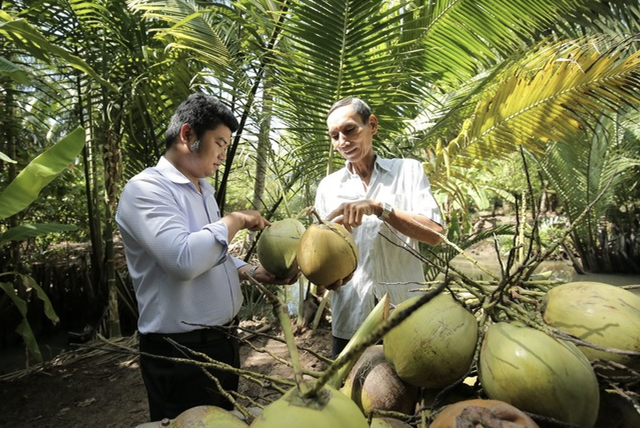
Vietnamese coconut exports are poised for a breakthrough, yet the industry faces significant challenges.
Despite its promising potential, the Vietnamese coconut industry confronts several challenges. Ms. Nguyen Thi Kim Thanh, Chairman of the Vietnam Coconut Association, cautioned about the impending shortage of raw materials for the country’s coconut processing industry. While many businesses have invested in facilities and factories in Ben Tre, the province’s supply of raw materials is insufficient to sustain their operations. Consequently, some companies have ceased operations, while others are operating at a meager 10-15% capacity.
Additionally, in recent years, a 0% tax rate on dried coconut raw materials has incentivized businesses to establish preliminary processing facilities in Vietnam before exporting to China for further processing.
Ms. Thanh emphasized the urgency of implementing appropriate tax policies and creating tariff barriers to retain raw materials within the country, stating that without these measures, Vietnam’s coconut processing industry is destined for decline.

Mr. Nguyen Phong Phu, Technical Director of Vina T&T Group.
Another challenge highlighted by Mr. Nguyen Phong Phu, Technical Director of Vina T&T Group, is the issue of fraud in managing planting area codes and packaging facility codes. He explained that some organizations sell or rent out their assigned planting area codes, distorting product origin information. This not only impacts export quality but also prompts international markets, particularly China, to tighten their control.
To address this issue, Mr. Phu proposed the development of a digital system to rigorously manage planting area codes and packaging facility codes from production to export. He also recommended strict punishment for fraudulent behavior and enhanced training to raise awareness among farmers and businesses about their responsibility in safeguarding the national brand.
Strict Adherence to Export Standards
At the forum, Mr. Ngo Xuan Nam, Deputy Director of the Vietnam SPS Office, emphasized the crucial requirement for fresh coconut exports, including green-husked and husked coconuts, to meet plant quarantine, food safety, and registration standards on the CIFER portal approved by the General Administration of Customs of China.

Mr. Ngo Xuan Nam, Deputy Director of the Vietnam SPS Office.
In addition to establishing quality management and traceability systems and adopting good agricultural practices and integrated pest management programs, businesses must conduct sample testing of 2% of their exports. After two years of compliance, this rate can be reduced to 1%.
-
Coconut Export Turnover Expected to Surpass $1 Billion This Year
Ms. Phan Thi Thu Hien, Director of the Plant Quarantine Center No. 2 (under the Plant Protection Department), provided specific guidance on exporting fresh coconuts to China. She emphasized four fundamental principles: ensuring compliance with importing country requirements, voluntary registration of codes, inspection and evaluation as the basis for granting, maintaining, or restoring codes, and recognition of codes by importing countries with supervision from management agencies.
Additionally, Ms. Hien underscored the importance of managing planting areas and the packaging and preliminary processing stages according to standards, ensuring a well-established traceability system, and maintaining clean and separate processing and storage facilities.
Ninh Binh Exports Surpass $3 Billion: A Testament to Vietnam’s Thriving Economy
Although Ninh Binh’s economy faced several challenges in the final months of the year, there were still many positive developments. Notably, the province’s tourism revenue continued to soar…
DPM Wins Top 50 Most Efficient Companies in Vietnam Award 2024
PetroVietnam Fertilizer and Chemical Corporation – Joint Stock Company (PVFCCo, HOSE: DPM) – a leading manufacturer and trader of Phu My fertilizer and chemical products – has once again been recognized in the prestigious “Top 50 Most Effective Companies in Vietnam” ranking for 2024 (TOP 50). This ranking celebrates and acknowledges businesses that have demonstrated exceptional financial performance, outpacing both the market and industry averages.
The Revenue Slump: ThaiBev’s Vietnam Sales Retreat for the Second Year Running
According to Thai Beverage Public Company Limited’s (ThaiBev) 2024 financial statements (covering the period from September 2023 to September 2024), the parent company of Sabeco (HOSE: SAB) experienced growth in both revenue and profit. However, the Vietnamese market saw a second consecutive year of declining revenue.


